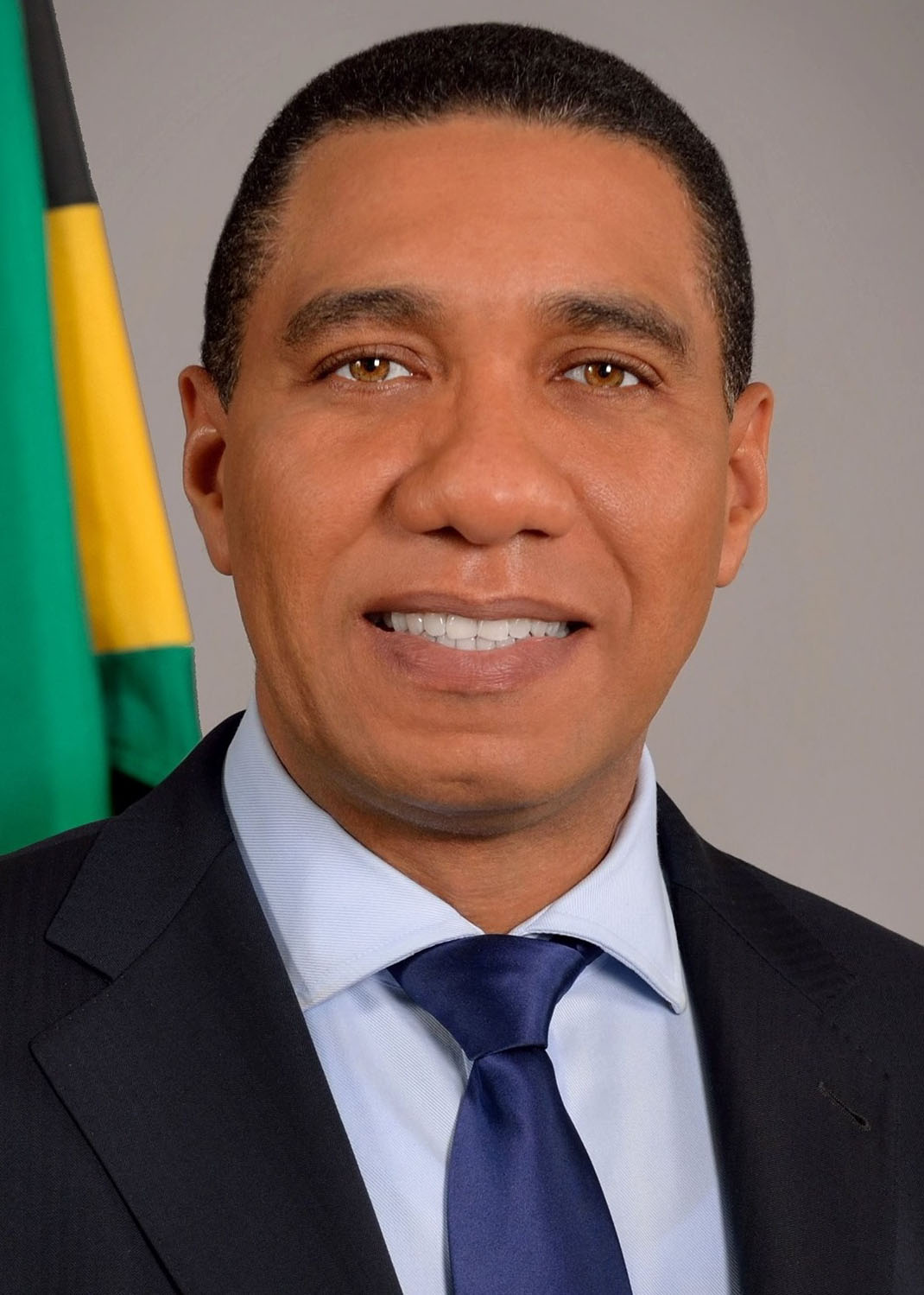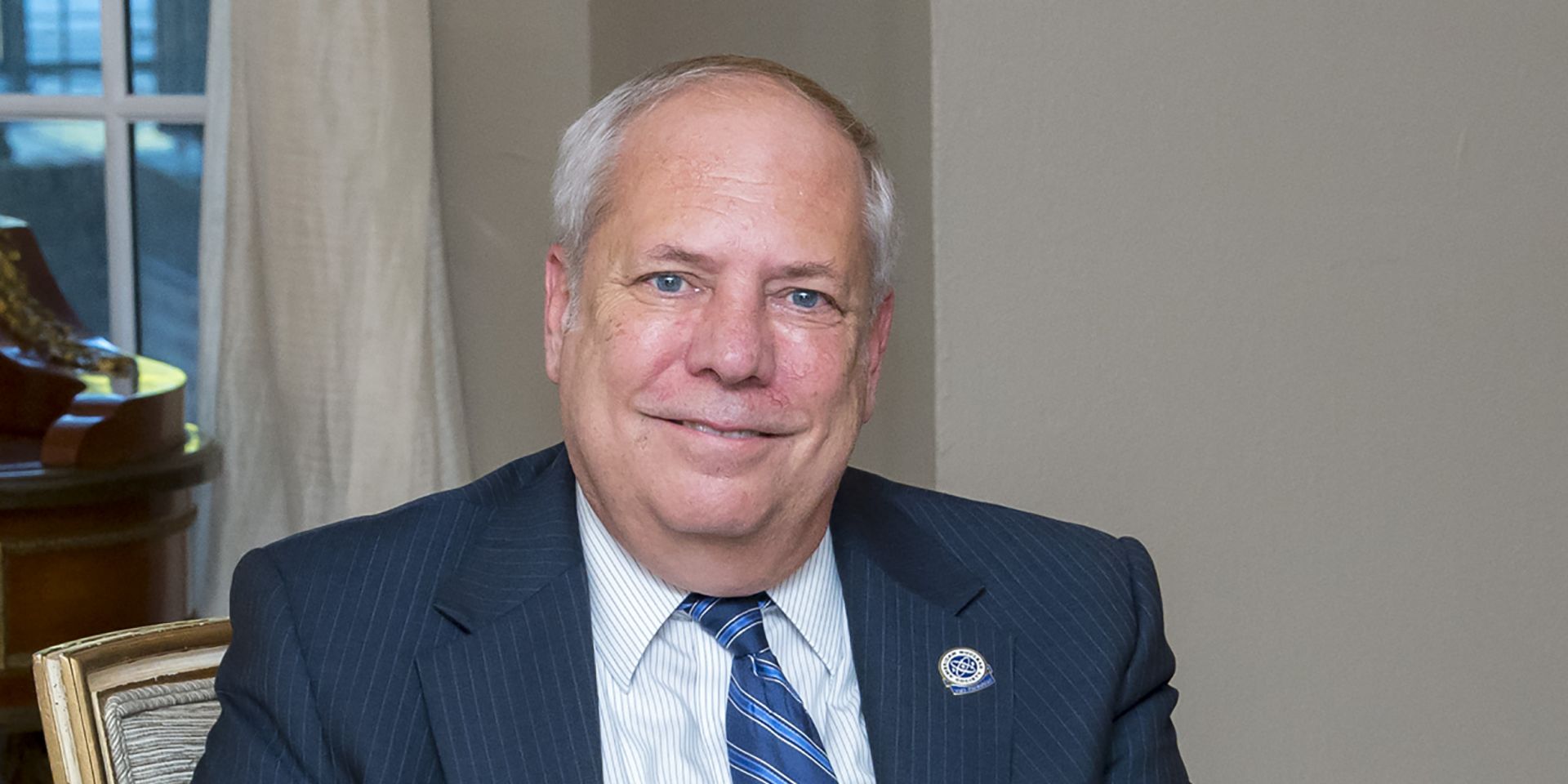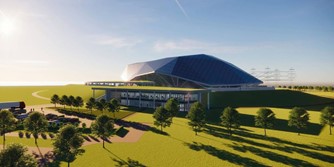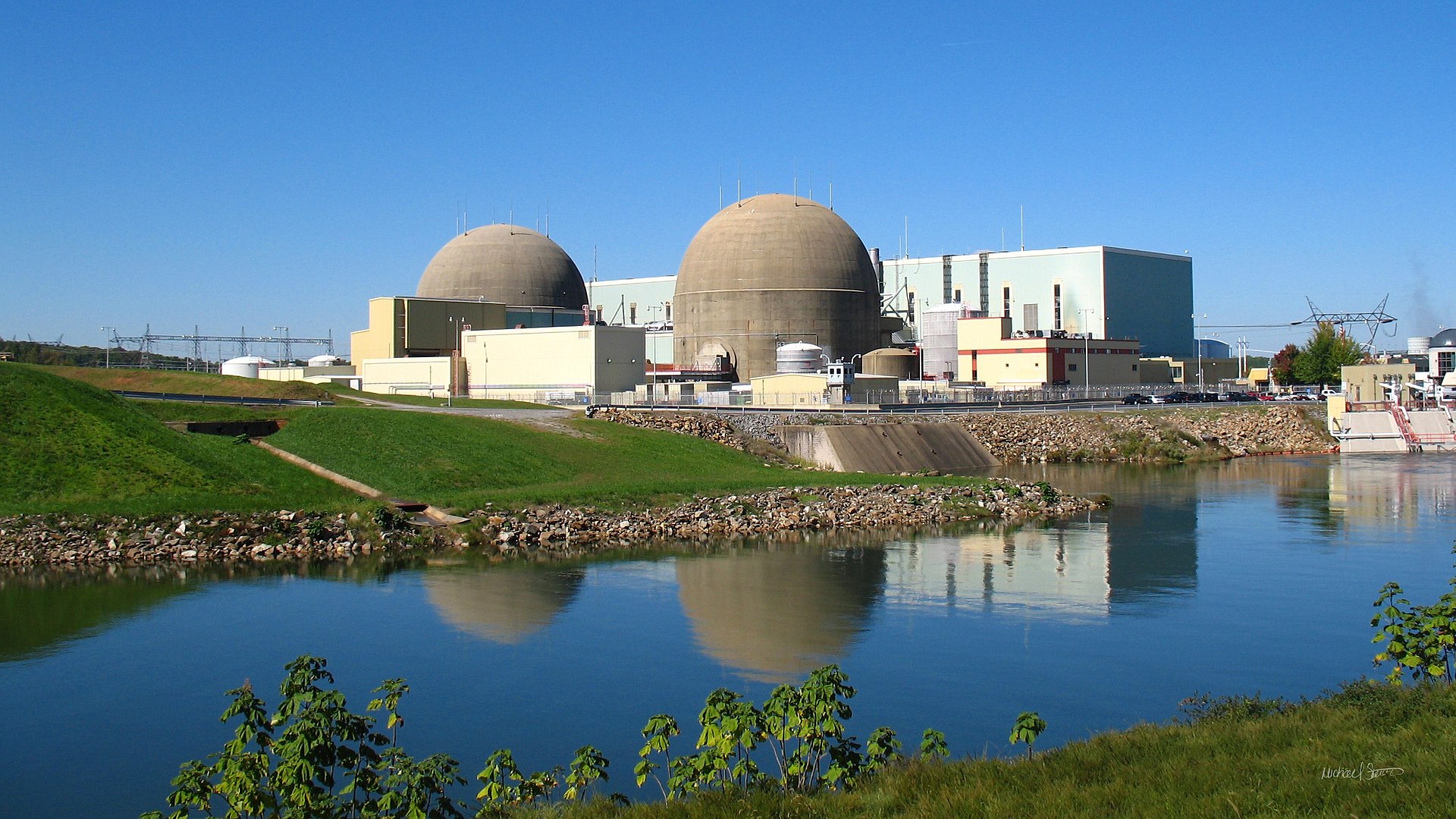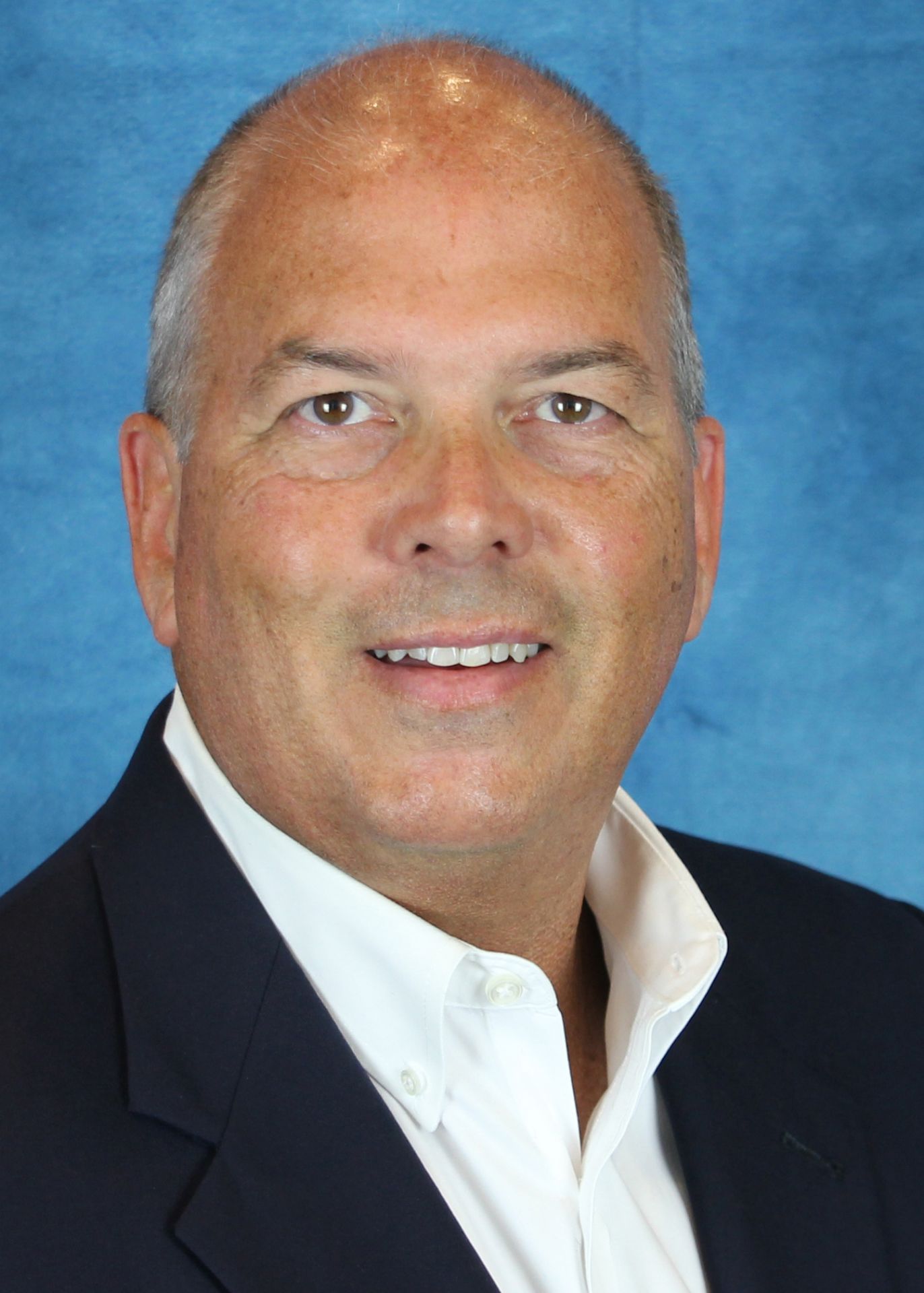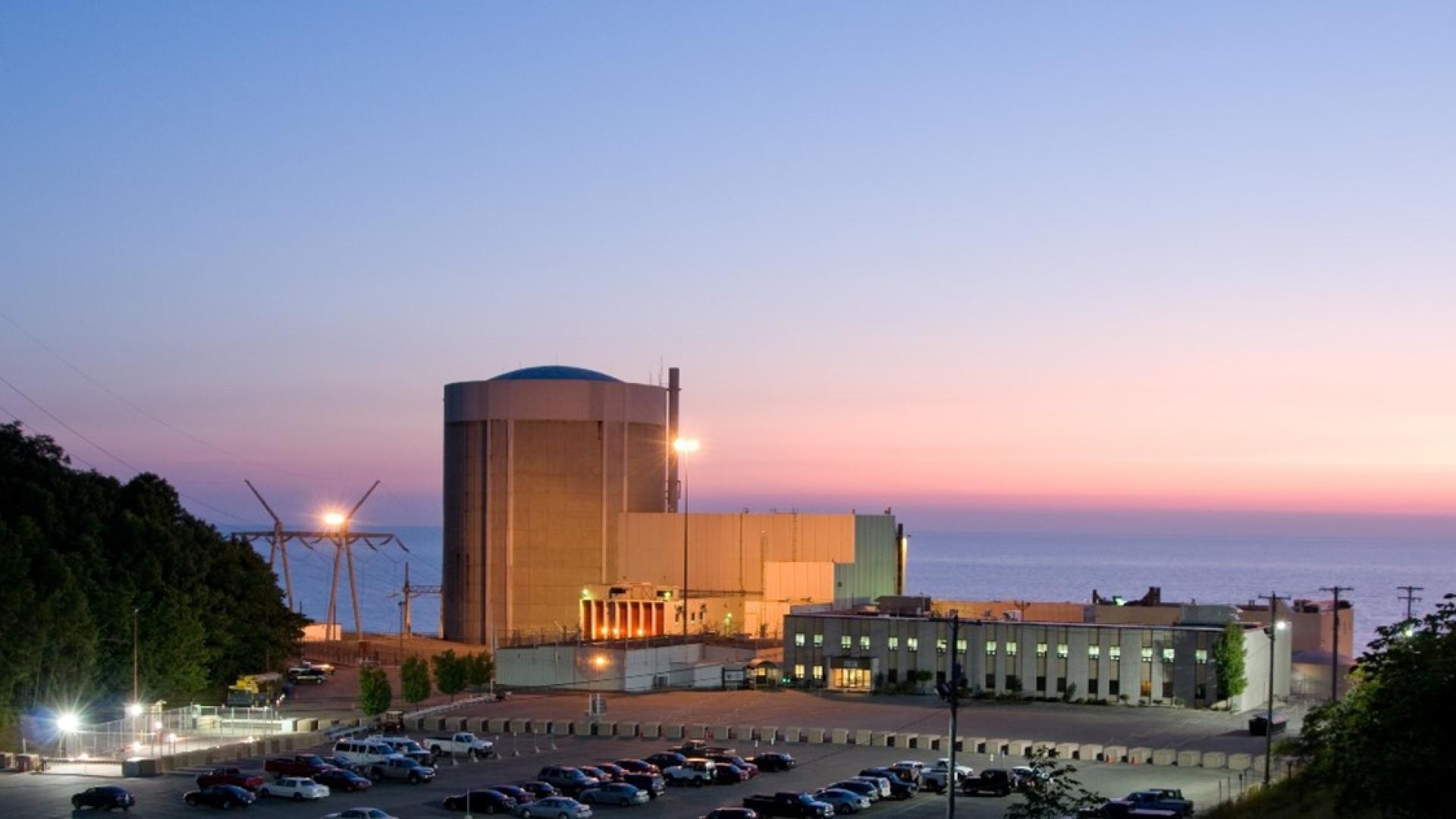John Kelly, ANS past president (2018–19), passed away peacefully in his sleep on October 3, 2024, in Gilbert Ariz., at the age of 70. Kelly was born on March 9, 1954, and was the eldest of Jack and Aileen Kelly’s six children.
His career, which spanned more than 40 years, began at Sandia National Laboratories in Albuquerque, N.M., where he focused on safety and severe accident analysis. His leadership led him to Washington D.C., where he served as the deputy assistant secretary for nuclear reactor technologies at the U.S. Department of Energy. Kelly played a critical role in shaping nuclear policy and guiding the world through significant events, including the Fukushima Daiichi accident in Japan. At the end of his career, he was honored to serve as the American Nuclear Society’s president. In retirement, he was actively involved with ANS in technology events and mentoring the next generation of scientists.
Kelly is survived by his wife, Suzanne; his children Julie Kelly-Smith (Byron), John A. (Sarah), and Michael (Nicole); and grandchildren Kiri and Kyson Smith and John and Maximilian Kelly. His family was his pride and joy, including his cherished dog, Covie, who brought him happiness in recent years.
In lieu of flowers, donations may be made to the American Nuclear Society or Detroit Catholic Central High School (27225 Wixom Road, Novi, MI 48374). Please designate Memorial and specify John Kelly ’72 Memorial Fund.
In honor of Kelly's commitment to ANS and to celebrate his life, his profile from the July 2018 issue of Nuclear News is published below.
